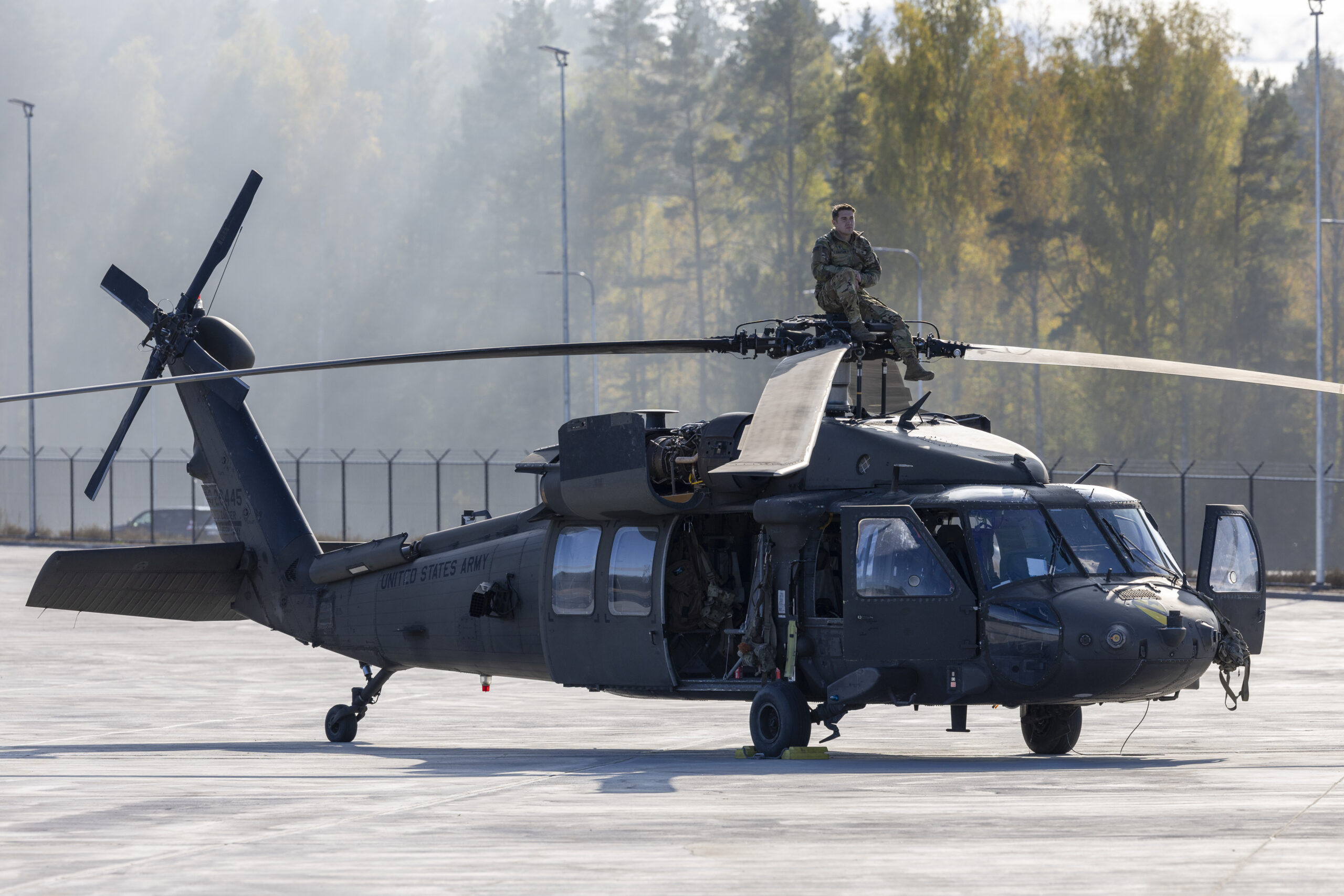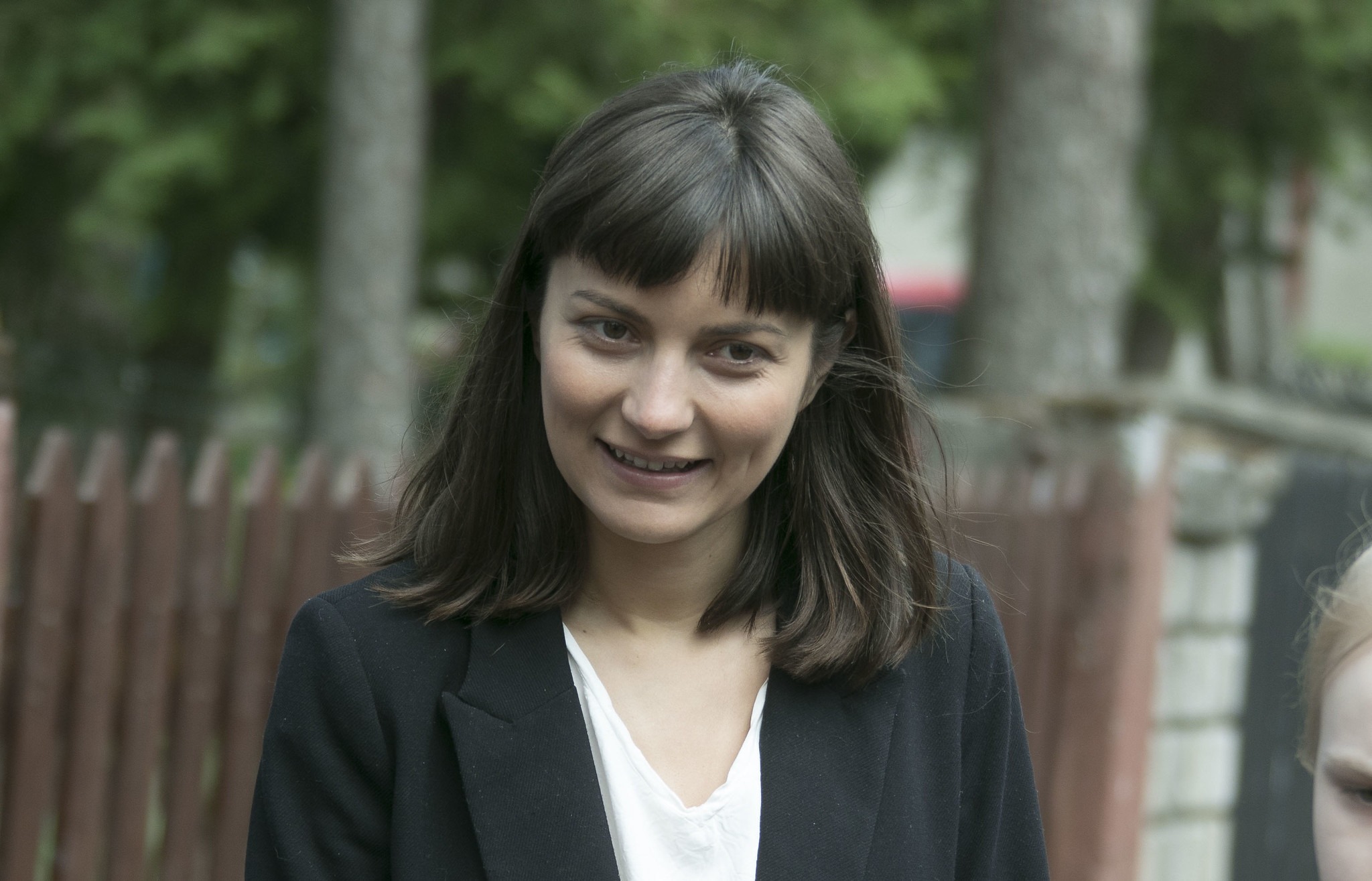
Key insights:
During the reporting month, the content primarily examined topics such as corruption within the government, the negative impact of the European Union and Russian language policies. The main narratives are as follows:
- The government is out of touch and overburdened by bureaucracy;
- National security concerns have no basis and have a negative impact on the economy;
- European Union membership is not beneficial for Latvia.
Overview of findings:
- In the reporting month, TikTok, Telegram, Facebook, and X/Twitter platforms were monitored. Content in video format achieved the most engagement, making TikTok and Facebook the primary channels for disseminating disinformation. Activity has notably increased on X/Twitter and decreased on Facebook. A total of 270 posts were examined, and the number of posts had increased by approximately 20 compared to the previous examined month.
- Similar to prior months, the content primarily revolved around domestic issues such as corruption, language policies, migration, and economic development. In the examined month, a substantial amount of content has focused on the negative impact of the European Union policies relating to the Green Deal and migration. The main premise is that such policies disadvantage Latvia and benefit the bureaucracy in Brussels.
- Within the examined platforms, engagement on TikTok and Facebook is largely supportive indicating that the target audiences are more susceptible to the disinformation narratives. Additionally, TikTok is the platform with the most engagement from Russian speakers. In contrast, the content examined on platform X usually receives more critical engagement often fact-checking the content posted.
Story of the month:
The video represents an excerpt of a speech made by the leader of the opposition party Latvija Pirmajā Vieta (Latvia in First Place, LVP) Ainārs Šlesers in response to the Shahed drone crashing in the territory of Latvia. The author of the video starts by raising concerns about NATO’s reaction in case of an invasion. In his view, the West is not fully representing their positions in the ongoing conflict which has changed to limited arms support for Ukraine. The author also states that Latvia has limited influence and will not be decisive in determining NATO’s response. Additionally, he further criticizes the expenditure of Rail Baltica and the Green Deal policies, stating that funds should instead be directed towards enhancing security measures such as strengthening the border.
While the author has heavily criticized Rail Baltica before, it has never been acknowledged that the project is essential for the security of the Baltic States. Additionally, the author contradicts himself in a later post published on October 21, 2024, where he considers that the talks of potential threats to security in the Eastern region of Latvia as well as the formation of the wall on the border as negatively impacting the economy and leading to mass emigration.
The post published on Facebook received a total of 650 likes, 150 comments, and 17 thousand views, which is comparatively higher than the average engagement of other content published on the platform. The comments show overall support for the message with the primary narrative being that the West is orchestrating the war and it was not Russia that started it. Additionally, some comments address that the language policies are also a tool to instigate hatred towards the Russian-speaking population in Latvia.









